Like Me is an indictment of a life spent “extremely” online: a thriller in which the thrill is the threat of empty transgression; a body horror flick in which the body horror is the way social media and Tumblr and Reddit and YouTube transform us, make us grotesque, perverting basic physical functions into scary, dysmorphic representations of the flesh sacks we carry around with us whenever we’re not online. Early in the film, writer-director Robert Mockler introduces us to the online world of our main character, Kiya (Addison Timlin, terrifying), via a disturbing barrage of hyperreal, gif-like images—close-ups of sugary cereal and milk chewed sloppily, of a viscous tongue mid-slurp, of Kiya doing weird kinesthetics in a dirty motel room while the camera capsizes and arises around her, this Manic Pixie Dream Girl who embodies each of those words as literally as possible. Though Mockler implies that these are all curated posts Kiya’s put online, we believe that this is how she sees the world. Aided by some seriously heady opioids and hallucinogens, she can’t help but digest her lived experiences without mitigating them digitally. As Kiya moves through Mockler’s pink-ish, neon dystopia, DP James Siewert shooting Timlin as if she’s stranded in the middle of a Michael Mann joint, everything seems on the table. Kiya lures a motel manager, Marshall (Larry Fessenden, better than excellent), to her room—another room, another motel, somewhere on this stupid planet—with the possibility of sex. Instead, he finds Kiya’s redecorated her room like an outtake from The Cell, testing the lonely guy’s willingness to go along with whatever insanity’s in store. Of course, some icky gastrointestinal calamity occurs, but Marshall never flinches, so Kiya kidnaps him and takes him with her. Gorgeous and gross in equal measure, Like Me is a visual feast. Mockler conjures setpieces out of practically nothing, crafting each frame with a meticulous symmetry that belies the chaos at the heart of Kiya’s impulsive odyssey.
Read Full List HERE



















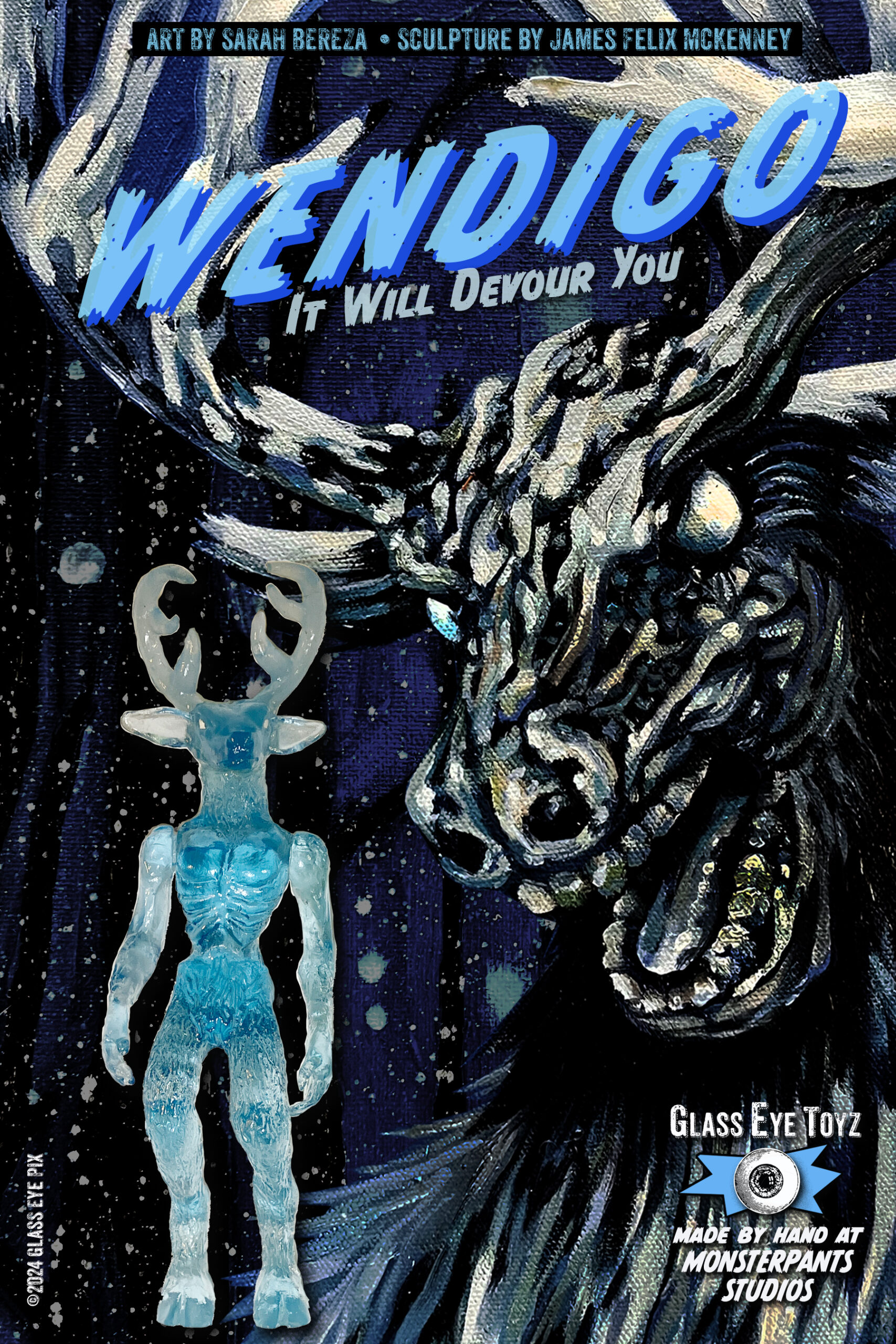
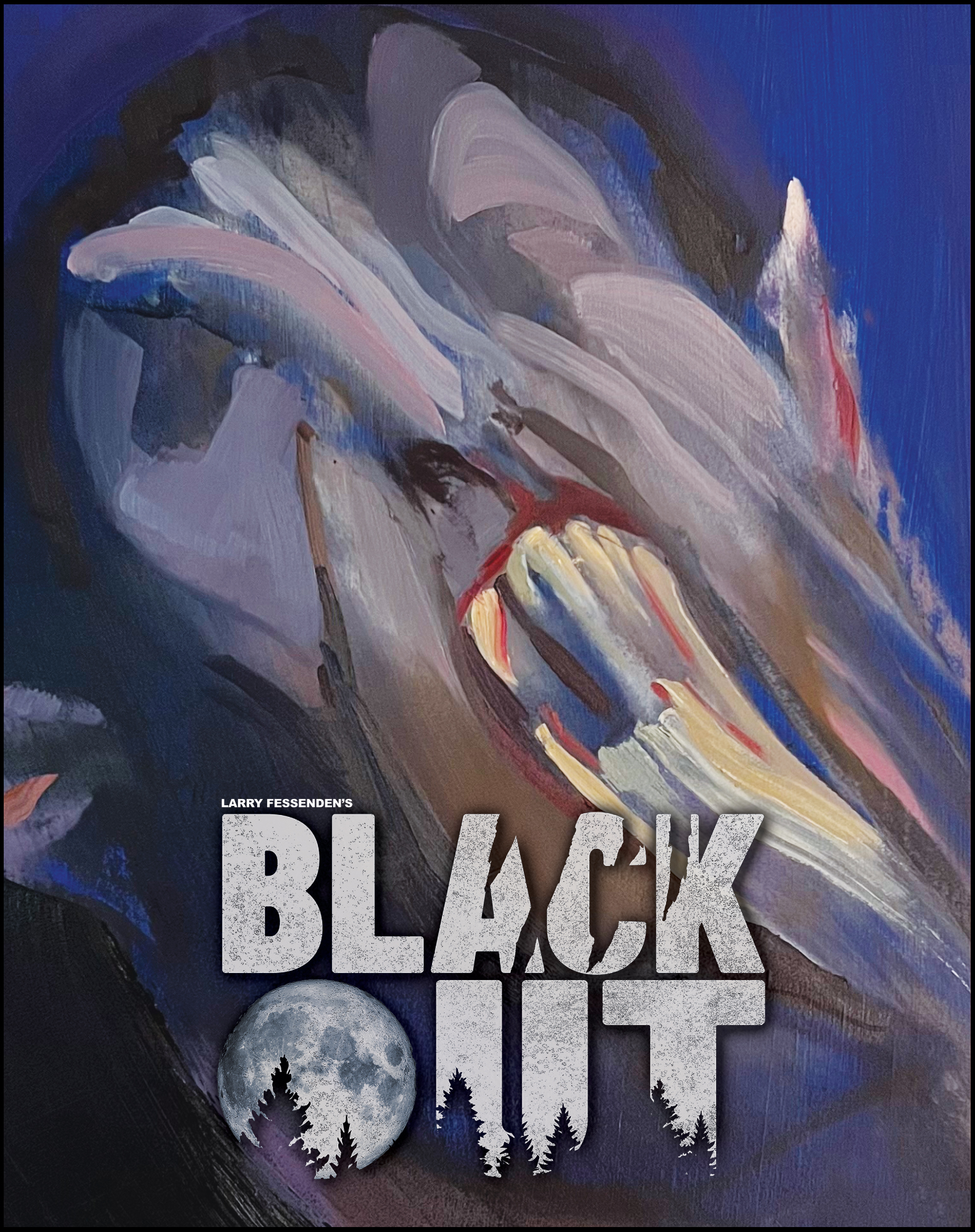

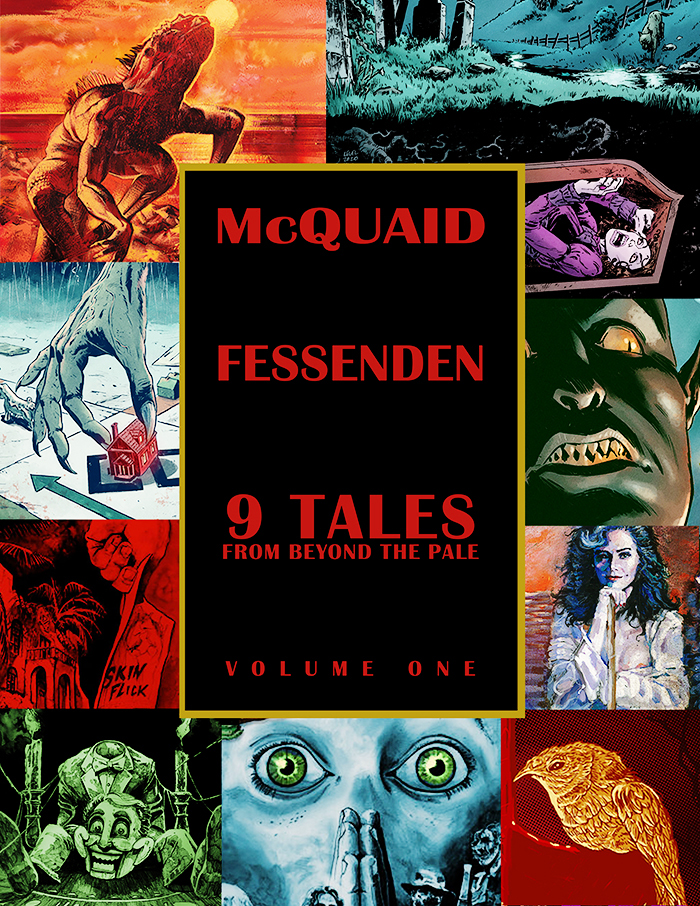
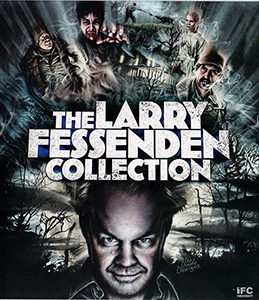
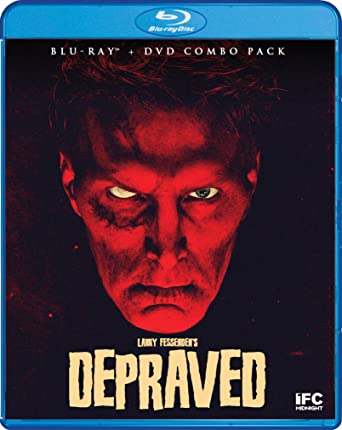

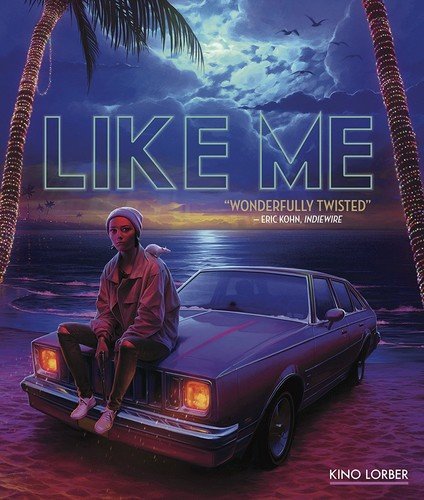

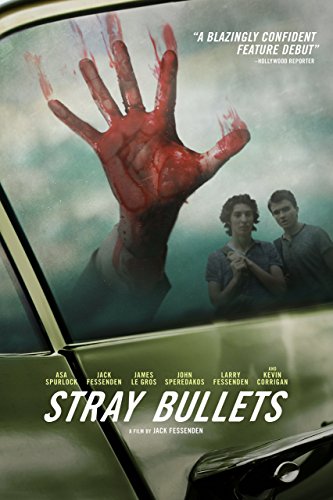

Add a comment